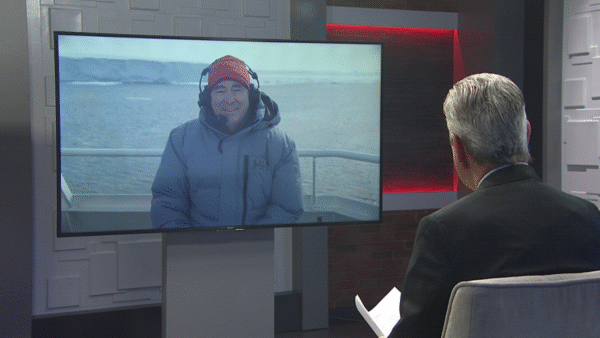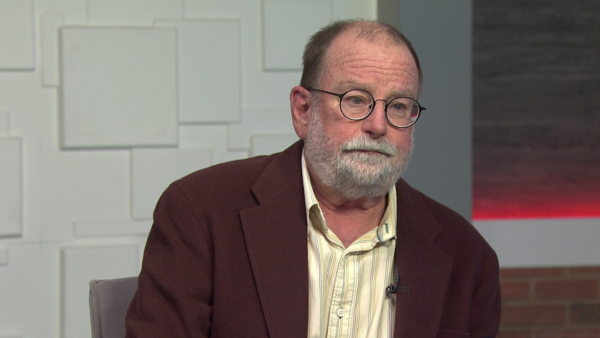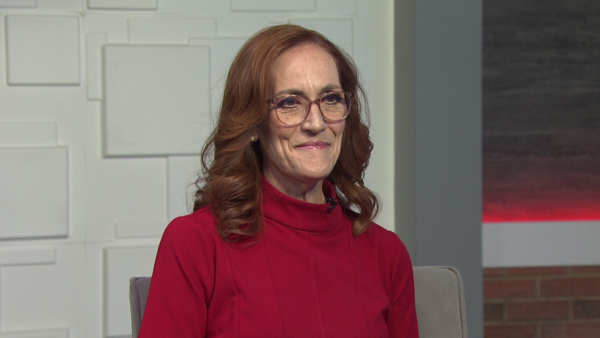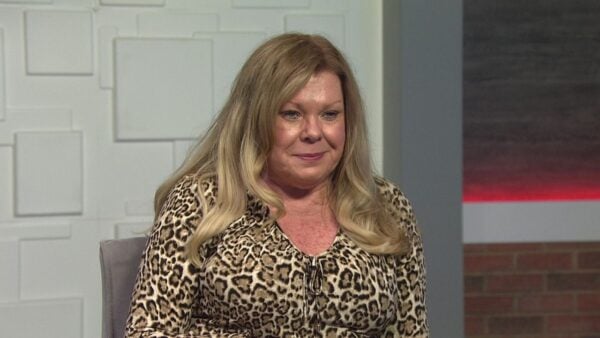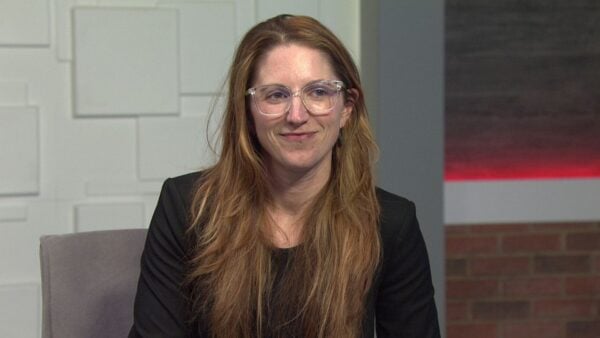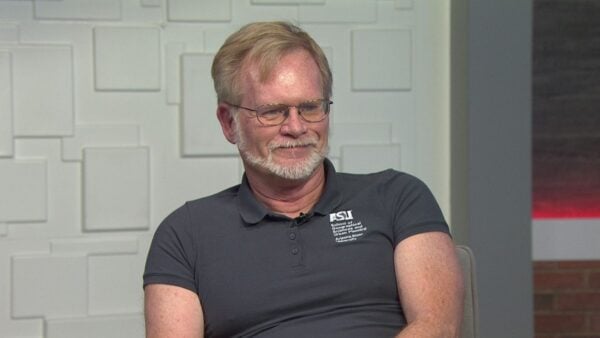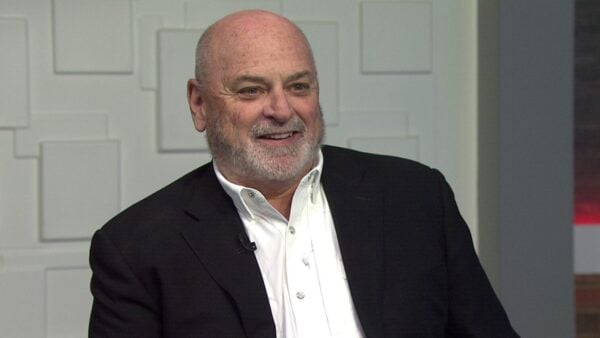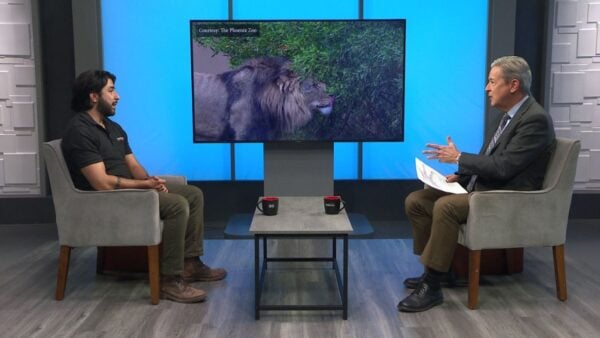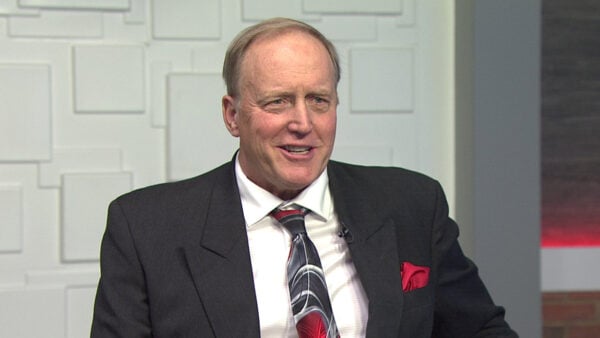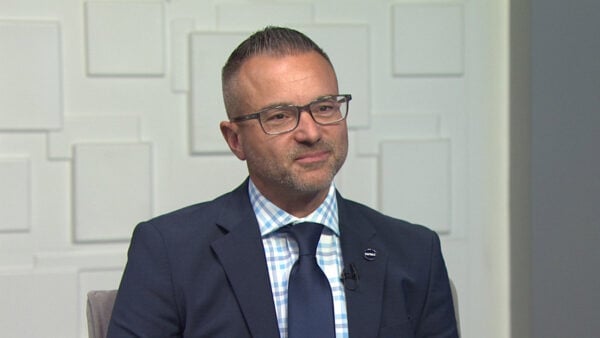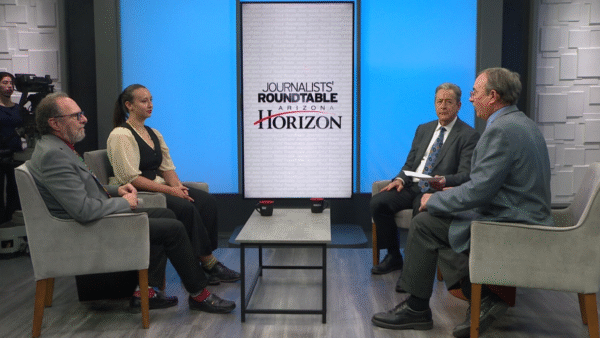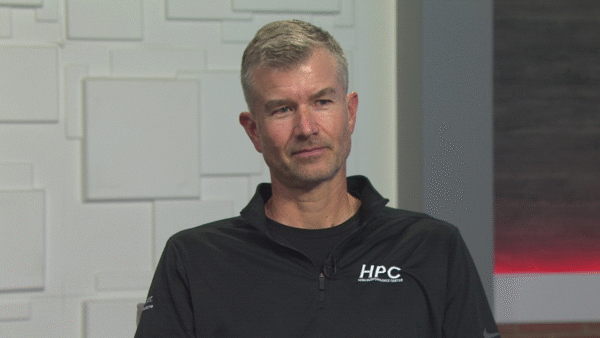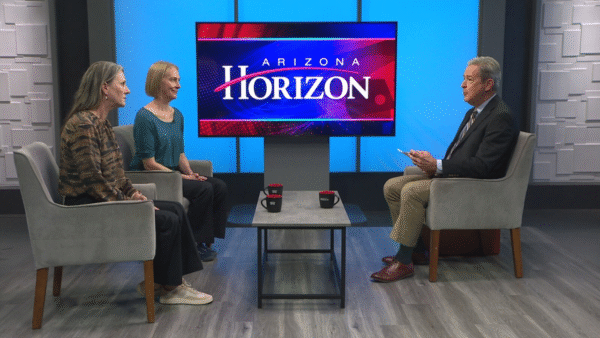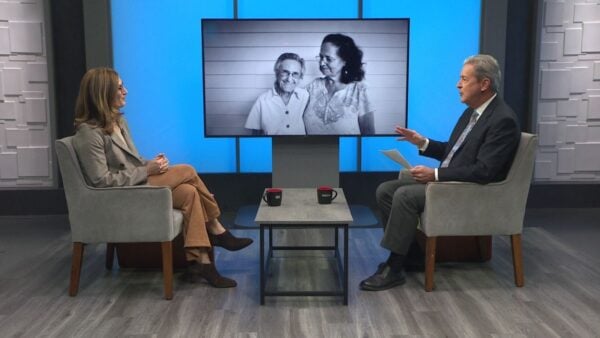The U.S. Supreme Court ruled that the Westboro Baptist Church of Topeka, Kansas has a First Amendment right to picket at military funerals.
ASU Journalism Professor Joseph Russomanno discusses the case.
Ted Simons: In a decision handed down yesterday, the U.S. Supreme Court ruled in favor of the Westboro Baptist Church of Topeka, Kansas, whose members are notorious for picketing at military funerals. They spread their message of antihomosexuality by claiming dead soldiers are god's way of punishing the U.S. for tolerating homosexuality. This is the same group that threatened to protest at the funeral of Christina Greene, the youngest victim of the Tucson shootings. In its 8-1 ruling the Supreme Court said such protests are protected under free speech of the first amendment of the U.S. constitution. Here to talk about the decision is ASU journalism professor Joseph Russomanno, a first amendment expert who has done a lot of research on this case. I want to talk to you about that in a second, but first, describe this case for us.
Joseph Russomanno: Well, it involves members of this church who conduct what we might call informational pickets at various sites. And those include funerals of people who have been in the military who were killed in action, either in Iraq or Afghanistan. They chose one particular funeral to conduct one of these pickets, it was occurring in Maryland, the funeral of a 20-year-old marine by the name of Matthew Snyder, by the way this is the fifth anniversary of his death, ironically. And the father of Matthew, Al Snyder, basically said enough is enough. When he found out about these pickets, that he decided to file claims against the members of the church who were at that particular picket. He did, he won at trial, a federal appeals court overturned that and then we have yesterday's Supreme Court ruling.
Ted Simons: And in the claim he said that the church invaded his privacy and that the church intentionally inflicted emotional distress. Correct?
Joseph Russomanno: That's right.
Ted Simons: OK. 8-1 vote, the Supreme Court sides with the church. Surprised?
Joseph Russomanno: Not really. Maybe the only thing that was surprising was the decisiveness of the vote in my view, and that 8-1 vote. This particular Supreme Court especially tends to be very divided, we see a lot of 5-4 rulings, for example, for eight of them to agree on any one thing is a headline in and of itself.
Ted Simons: Let's talk about that lone dissenting vote, Justice Alito isn't that a surprise?
Joseph Russomanno: Not at all. I was in the -- at the Supreme Court the day it was argued, and based what I heard there, if I was to be asked which justice would be most likely to side with Snyder, I would of without hesitation said Justice Alito.
Ted Simons: Justice Alito wrote that the father was deprived of the elementary right to bury his son in peace, also that the church can't intentionally inflict severe emotional injury on private persons at a time of intense emotional sensitivity with vicious verbal attacks that make no contribution to public debate. How come he couldn't get anyone to side on something like that?
Joseph Russomanno: Justice Alito was the only member of the court to buy the argument that what the pickets did was a personal attack on Matthew Snyder and his family. The other members of the court simply rejected that argument.
Ted Simons: I know the chief justice Roberts wrote the words can cause pain, we can't react to that pain by punishing the speaker. Your thoughts on that?
Joseph Russomanno: Well, what he has done there, and eloquently in my view, is follow a tradition that we've seen this U.S. Supreme Court over years, granted different memberships of the Supreme Court over years. But a court that has adopted that philosophy, that even offensive speech, outrageous speech, reprehensible speech, however we describe it in a given situation, which a lot of people of course believe the Westboro Baptist Church engages in, that even those kinds of speech should be protected, that when you weigh the first amendment rights against the individual rights of the other party in this case Mr. Snyder, that the first amendment wins.
Ted Simons: So significant test here, no doubt. Real quickly, a couple minutes left. You actually went to Kansas and met with these folks, Fred Phelps I believe is the leader of this church.
Joseph Russomanno: That's right.
Ted Simons: Give us your impressions. What did you see there?
Joseph Russomanno: Clearly this is a small church, its membership has varied over the years between 50 and 70. Almost all of the church members are blood relatives. They are members of the Phelps family. Clearly they have a I think what most people would regard as a radical extreme set of views. And to some extent, maybe to a large extent, those views dictate their lives. On the other hand, they are -- and this seems incongruous to say in some respects, but in other ways they are very normal people. They blend in with society. Their children go to public schools, they go to the same grocery stores, for example, that other residents of Topeka go to. So it's -- it's a very difficult-to-grasp situation in many ways.
Ted Simons: Fred Phelps has to be getting on in age. Is this a situation where when he decides to leave this mortal coil, does that church survive? Does it get stronger, does it change? What are your impressions?
Joseph Russomanno: At the very least it changes. And there has been debate on this and varying opinions. Some people have thought that the church will disintegrate once he goes. And in part that's because I think it's accurate to say he has ruled that church and that family with an iron fist over the years. And once he's gone, that may lead to the church going away entirely. Others have said, no, that they see that others are in line to be the chosen one, to succeed him, to continue to rule the church.
Ted Simons: Last question, I mentioned this was a significant first amendment test. How significant was it, do you think?
Joseph Russomanno: This was and is a significant victory for the first amendment. And free speech rights. Yes, it's a very difficult ruling for some people to accept, and certainly it is understandable why that is. But the silver lining at the very least is that this stands for the right of free speech and it affirms that the government cannot tell us what kinds of messages and words are acceptable and which are not.
Ted Simons: Joseph, good to see you again. Thanks for joining us.
Joseph Russomanno: Thank you. My pleasure.
Joseph Russomanno:Journalism Professor, Arizona State University;


